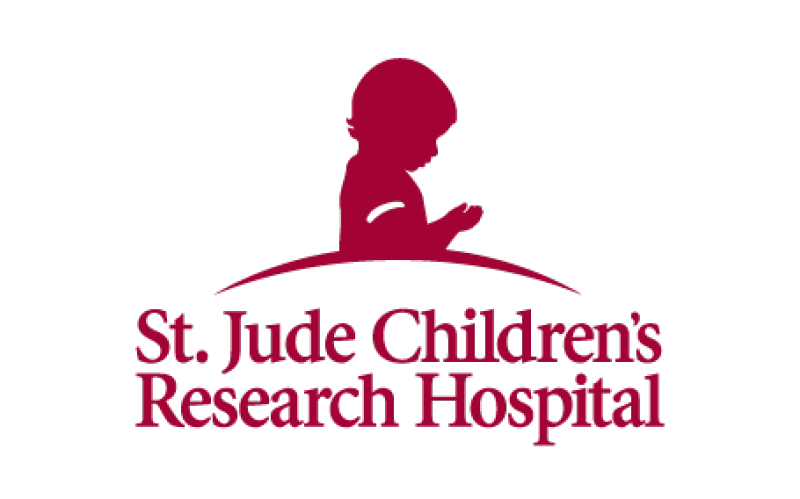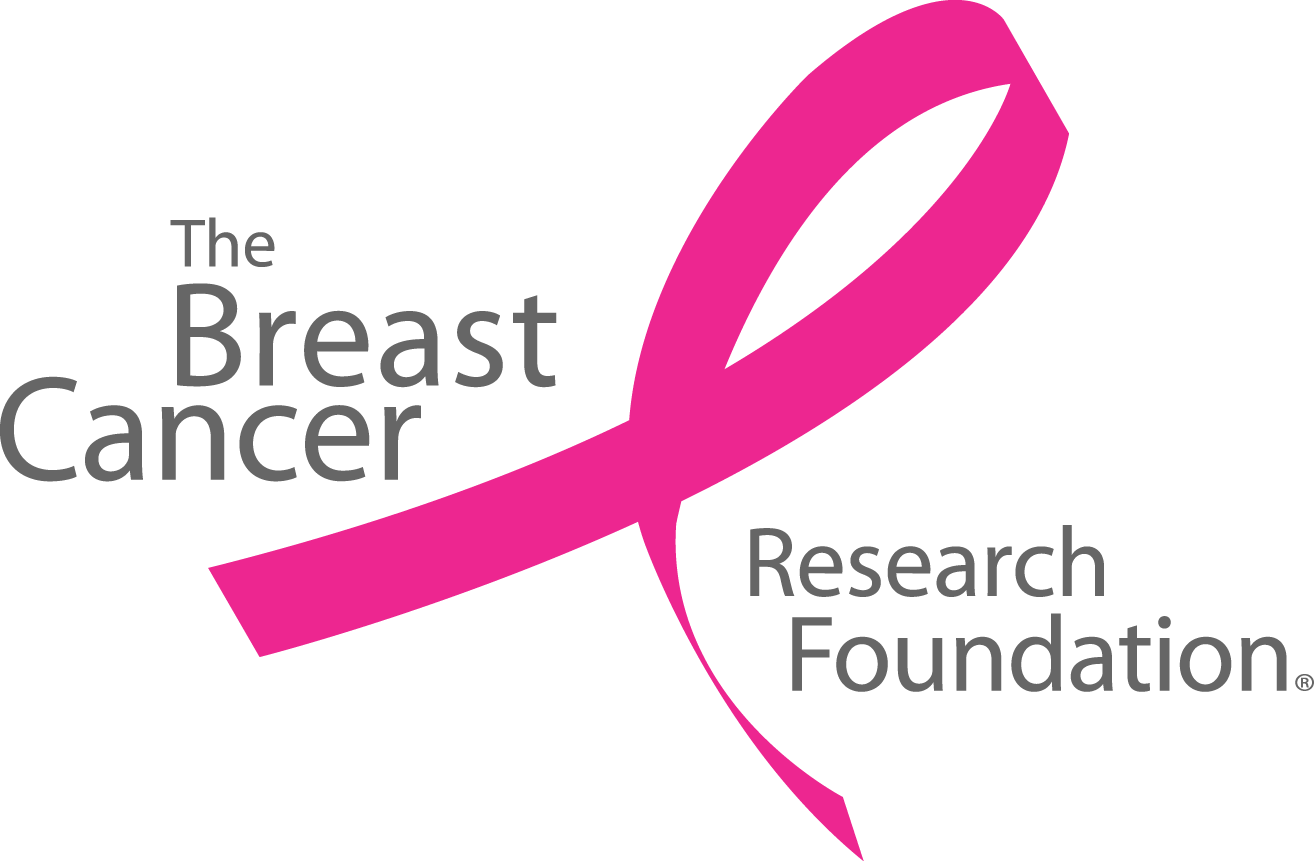About Me
I am passionate about helping companies and individuals see what’s possible and then make plans to achieve it. Fundamentally, I’m curious, open and skeptical!
My penchant for envisioning how things could be, running at the world of the possible, manifested in full force starting in college when I helped create Brown University’s Cognitive Science concentration and finished it in 3 years and, as an alumni helping co-create the new Design Engineering concentration in the School of Engineering.
At Bell Labs, where I spent the bulk of my early career, I created one of AT&T’s all time highest-revenue generating patents because it was based on real customers’ real needs.
It was also at Bell that I discovered the pleasure of fostering the potential of others through writing and investing. My writing in Harvard Business Review, my own blog and my contributions to various business books are all geared at inspiring people to dream what they can achieve and giving them the tools to make it happen. I did the same thing, but with capital and direct advice as a partner at the early stage VC firm Glengary LLC.
Today I continue to foster innovation and growth in others through my work with companies and Individuals. As a consultant and a mentor I am exposed to a vast range of types of people and disciplines, fueling my curiosity for surprising interdisciplinary approaches to new problems and building unexpected connections.
Full CV & Publications
My Philosophy
My life, professional and personal, is grounded in 3 basic philosophies that build upon each other creating a virtuous cycle that helps me, and hopefully others, continually increase my comfort zone for impact and growth.
“I-Thou”
To have impact, provide purpose and ultimately make profit, let’s stop thinking about ourselves and start thinking about others. It’s the difference between treating others transactionally, for what they can do for us versus treating them as whole humans ~ in relationship.
What we do is not about us; it’s about who we are serving - our customers, employees, suppliers, stakeholders. It’s about discovering their needs and wants, from their perspective, not from what we believe they should want or what we want them to want. If our purpose isn’t focused on who we are serving, given their constraints and contexts, our purpose is meaningless and worse, arrogant. Martin Buber’s 1923 philosophy of I-Thou sums this up, and it’s my world view.
We can consider what others need by rushing to discover things about them rather than jumping to solve a problem.
Rush to Discover, Not to Solve.
We tend to immediately rush to solutions based on our assumptions before fully discovering all the constraints and context around a problem - in fact sometimes before even discovering if there really is a problem!
If we have an I-Thou focus, we will get off our tush (get out of the office) and rush to learn as much as we can, as fast as we can, about the problem: who is it a problem for, why is it a problem for them and what current solutions exist? With a deep understanding of the problem and the landscape around it, we can create well-informed hypotheses for how to solve it for others.
Experiment-Learn-Apply-Iterate
My grandmother said, “The day you stop learning is the day you die.” Well, I believe this goes for organizations as well as people. How many companies that were on the S&P 500 in 1980 are still there? Sears, Radio Shack, Dell, Avon? Nope! The world tends towards stagnation and it takes energy to fight it.
Building on the other pillars, once we have discovered and created our hypothesis, we need to test it! We use prototypes to see if we’re getting close to meeting the needs, learning as much as we can, applying it to the next prototype and iterating. No business model survives the first real customer - that’s life, but we won’t know and learn until we try and then it pays off in multitudes.
Corporate, and personal, growth comes from this iterative cycle of trying, learning, and applying. Test the most critical hypotheses first to discover a valuable solution! Keep doing it again and again, because if we stop trying and learning, there are plenty of startups in garages that won’t.
Giving Back
From those to whom much is given, much is blessedly required. I ask my clients match 10% of my fee to give to charitable causes. If they don’t want to, then they aren’t a client. Here are just a few organizations we’ve had the pleasure of supporting.
Support for children with cancer (ConnectingChampions) - Nutrition for decreasing incidents of Anemia in India - Domestic Abuse Centers & Programs - Child and Nursery Abuse Centers and Protection - Sexual Abuse Centers & Programs - Protective Youth Services - Support for first generation college students - Teaching STEM to inner-city under-served middle & high school students - Transitional housing, food & life skills for men & women & families - Aid and Support for Senior Citizens - Various Faith-based organizations - Scholarships for tuition K-12 & College - Education programs for K-6 history and enrichment - Behavioral health and wellness programs for families and children - Regional Alzheimer's Association…
Let's Talk!
To learn more or just chat, reach out!











